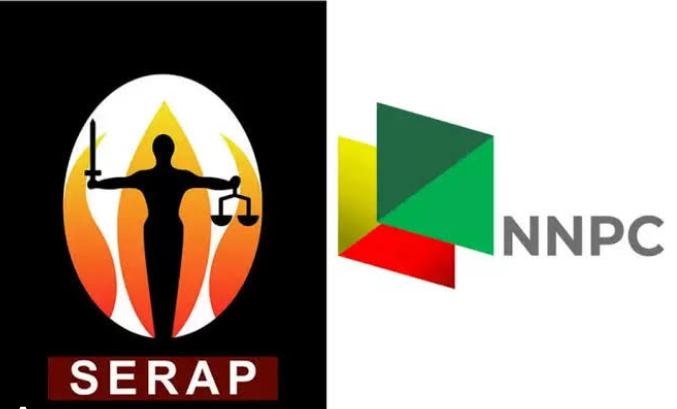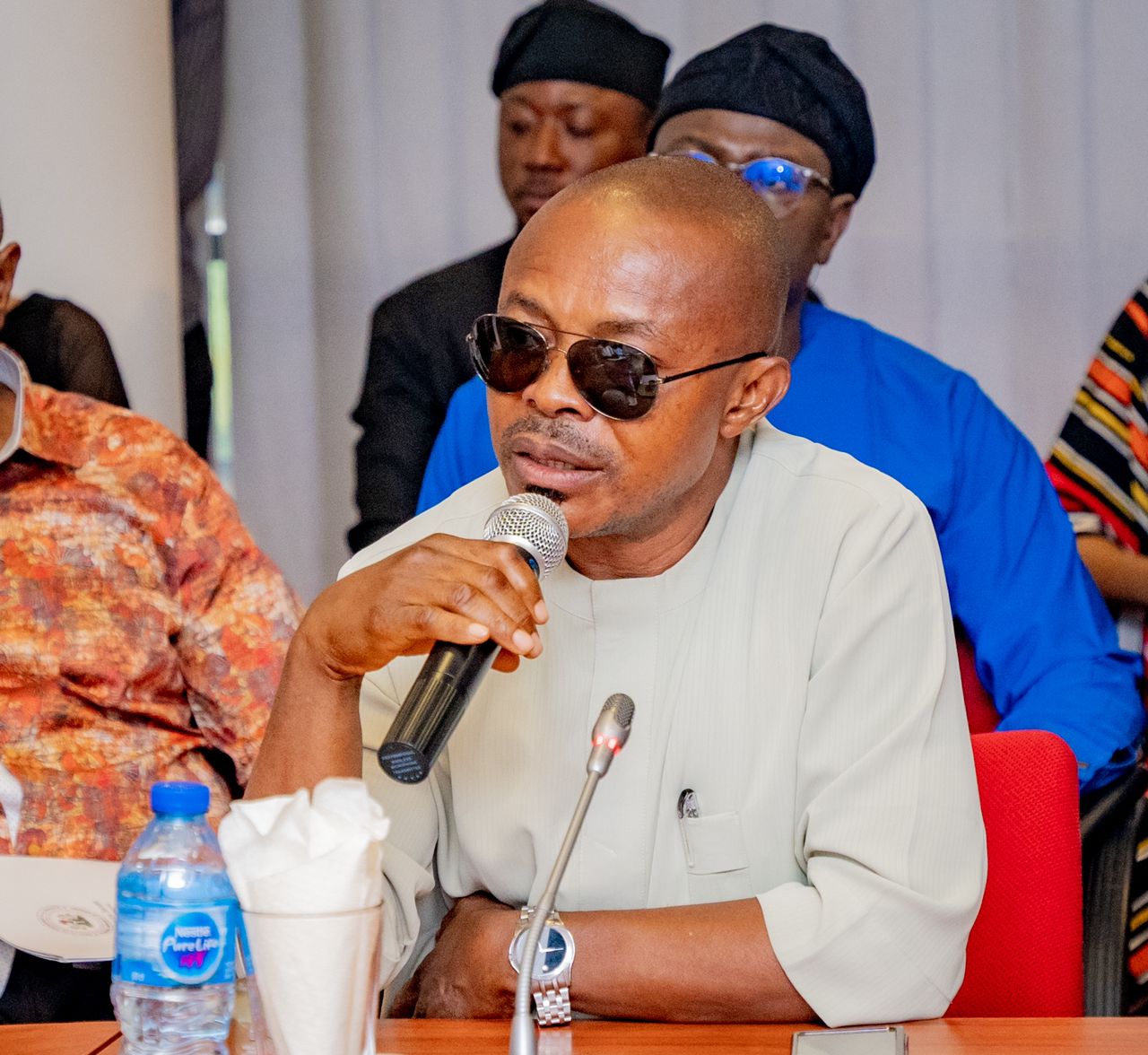By Joke Kujenya
THE NEWLY announced fuel price hike by the Nigerian National Petroleum Corporation Limited (NNPCL) has triggered nationwide outrage.
Several Nigerians have kicked dubbing the action insensitive and called for its halt.
Swiftly, the Nigeria Labour Congress (NLC) has also condemned the increase, calling for its immediate reversal, adding that many Nigerians struggle under the economic burden.
NLC President Joe Ajaero criticized the government for continuously raising fuel prices without addressing the root causes of economic hardship.
He also accused the NNPCL of monopolizing fuel pricing, which worsens the already dire financial situation for millions.
Ajaero emphasized the need for the government to outline a clear economic plan, instead of relying on temporary measures and price adjustments.
In some parts of Abuja, NNPCL stations reportedly increased the pump price of petrol from N897 to N1,030 per litre, causing even more concern among consumers.
The price surge has disrupted the fragile financial balance of the people, deepening poverty and threatening job security.
Meanwhile, the Socio-Economic Rights and Accountability Project (SERAP) urged President Bola Tinubu to order an immediate reversal of the price hike.

SERAP also called for an investigation into alleged corruption within NNPCL, particularly the mismanagement of funds, including a $300 million bailout received in August 2024.
The organization highlighted that the price increase breaches constitutional rights and compounds the suffering of Nigerians, many of whom are already unable to meet basic survival needs.
It further called on the government to prosecute those responsible for mismanagement and ensure that any illicitly gained proceeds are recovered.
The organs stressed that successive governments have failed to tackle corruption in the oil sector, forcing citizens to bear the cost of such inefficiencies.
They also noted that the ongoing price surge has only deepened the frustrations of Nigerians, many of whom demand transparency and accountability from both the government and NNPCL.





